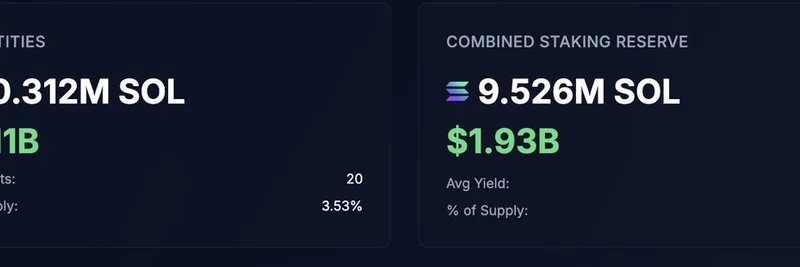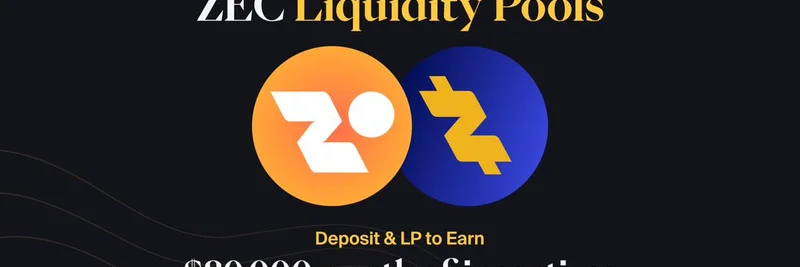In the fast-paced world of meme coins, platforms like Pump.fun have revolutionized how developers launch new tokens on Solana. But a recent thread on X from crypto enthusiast @neso raises some eyebrow-raising points about one of Pump.fun's key features: sharing transaction tax revenue with devs. At first glance, this seems like a smart way to motivate creators to build and maintain their projects. After all, who wouldn't want a cut of the trading fees?
Let's break it down. Pump.fun, for those new to the scene, is a popular launchpad where anyone can create and deploy a meme coin with minimal hassle. It handles the initial liquidity and bonding curve mechanics, making it easier for devs to get their tokens out there. The transaction tax sharing means devs earn a portion of the fees generated from trades on their token. Sounds incentivizing, right?
But @neso argues this might be backfiring. Instead of pushing devs toward building tokens with massive market caps – think viral hits like PEPE or DOGE that create real wealth for holders – it encourages a focus on churning out high trading volume. Why? Because more trades mean more fees, and thus more income for the dev, regardless of whether the token's price is soaring or stuck in the mud.
This shift in priorities can lead devs to manipulate or allow their tokens to bounce around in low to mid-market cap ranges. They might pump and dump in waves, creating repeated volatility that attracts short-term traders but erodes long-term value. As @neso puts it, devs become more willing to let tokens "反复波段交易" (repeatedly swing trade) at those levels, prioritizing volume over valuation.
The long-term fallout? A decline in the "wealth effect" – that magical feeling when a meme coin moons and makes early holders rich, drawing in more capital and excitement. Without that, funds get ground down through constant trading fees and losses, leading to what @neso calls a "spiral式下降" or downward spiral in the ecosystem. It's like a party where everyone shows up for the free drinks but leaves before the real fun starts, leaving the venue empty and trashed.
Skeptics in the replies question if devs really have that much control over market caps. @neso fires back that yes, many do – through tactics like coordinated pumps, social media hype, or even bot trading to simulate volume. Another user chimes in asking about PEPE's underperformance compared to DOGE or BONK, hinting at broader market dynamics at play.
This perspective is crucial for anyone diving into meme tokens. If you're a dev, think twice about chasing quick fees over sustainable growth. For traders, watch for signs of volume-obsessed projects that might trap you in endless cycles. Platforms like Pump.fun have boosted Solana's meme scene, but tweaking incentives could prevent the ecosystem from burning out.
What do you think? Is tax sharing a boon or a bust for meme coins? Drop your thoughts in the comments or check out more insights on Meme Insider.



